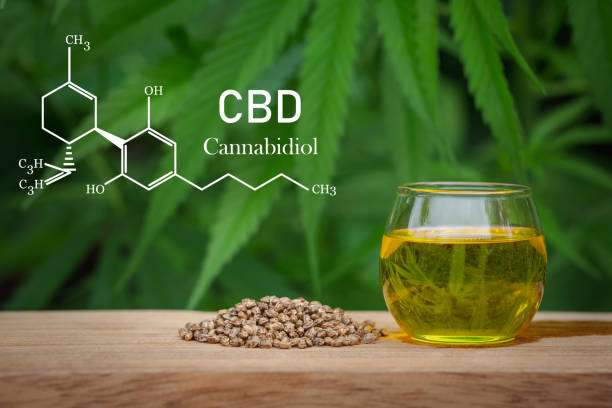Cannabidiol (CBD) has gained immense popularity in recent years, being marketed as a potential cure-all for various health issues. From anxiety and insomnia to chronic pain, CBD is often touted as a natural remedy with numerous health benefits. However, before jumping on the CBD bandwagon, it is crucial to understand what CBD is, its legal status, potential health benefits, and safety considerations.
What is CBD and How is it Different?
CBD, short for cannabidiol, is one of the active compounds found in cannabis (marijuana). It is essential to note that CBD is distinct from tetrahydrocannabinol (THC), the psychoactive component of marijuana responsible for the “high” sensation. Unlike THC, CBD does not cause intoxication on its own, making it a more appealing option for those seeking therapeutic benefits without the mind-altering effects.
CBD is derived from either the hemp plant, a cousin of marijuana, or manufactured in a laboratory. It is important to distinguish CBD derived from hemp, which is legal in most states, from CBD sourced from cannabis (marijuana), which remains illegal in many places.
The Legal Status of CBD
The legal status of CBD has undergone significant changes over the years. In 2018, the Farm Bill made hemp and its derivatives, including CBD, legal in the United States. As a result, CBD sourced from hemp is no longer classified as a controlled substance, making it accessible in most parts of the country. However, CBD sourced from cannabis (marijuana) is still subject to varying degrees of restriction and remains illegal in some places.
CBD and Health Benefits
CBD has been widely promoted for its potential health benefits, but it’s important to understand that much of the evidence is still preliminary. The strongest scientific evidence supports CBD’s effectiveness in treating severe childhood epilepsy syndromes, such as Dravet and Lennox-Gastaut syndromes, where it has shown promising results in reducing seizures.
Additionally, some studies and anecdotal evidence suggest that CBD may help alleviate anxiety, insomnia, chronic pain, and even aid in addiction recovery from substances like tobacco and heroin. However, further research is needed to establish definitive conclusions on its efficacy for these conditions.
CBD Safety Considerations
While CBD is generally considered safe, there are some potential side effects to be aware of, including nausea, fatigue, and irritability. CBD can also interact with certain medications by affecting liver enzymes responsible for drug metabolism, which could lead to higher levels of other drugs in the bloodstream. Therefore, it is essential to consult a healthcare professional before using CBD, especially if you are taking other medications regularly.
Another safety concern is the lack of regulation for CBD products, which are commonly sold as supplements. The FDA does not currently oversee the safety and purity of dietary supplements, making it challenging to ascertain the exact composition and dosage of CBD products. It is essential to purchase CBD from reputable sources and discuss its use with a healthcare provider.
How to Take CBD
CBD is available in various forms, including oils, extracts, capsules, patches, vapes, and topical preparations. The method of administration can influence how quickly CBD takes effect and how long its effects last. For localized issues like muscle and joint pain, topical CBD-infused products may be most effective. Alternatively, tinctures or sprays placed under the tongue allow CBD to enter the bloodstream directly.
Conclusion
In summary, CBD has become a popular option for managing various health issues, but it’s essential to separate the evidence-based benefits from exaggerated claims. While CBD shows promise in treating certain forms of epilepsy and may have potential benefits for anxiety, insomnia, and chronic pain, further research is needed to fully understand its therapeutic potential. As with any supplement, it is crucial to exercise caution, consult a healthcare professional, and purchase CBD from reputable sources to ensure safety and efficacy.
Disclaimer:
No content on this site, regardless of date, should ever be used as a substitute for direct medical advice from your doctor or other qualified clinician.





